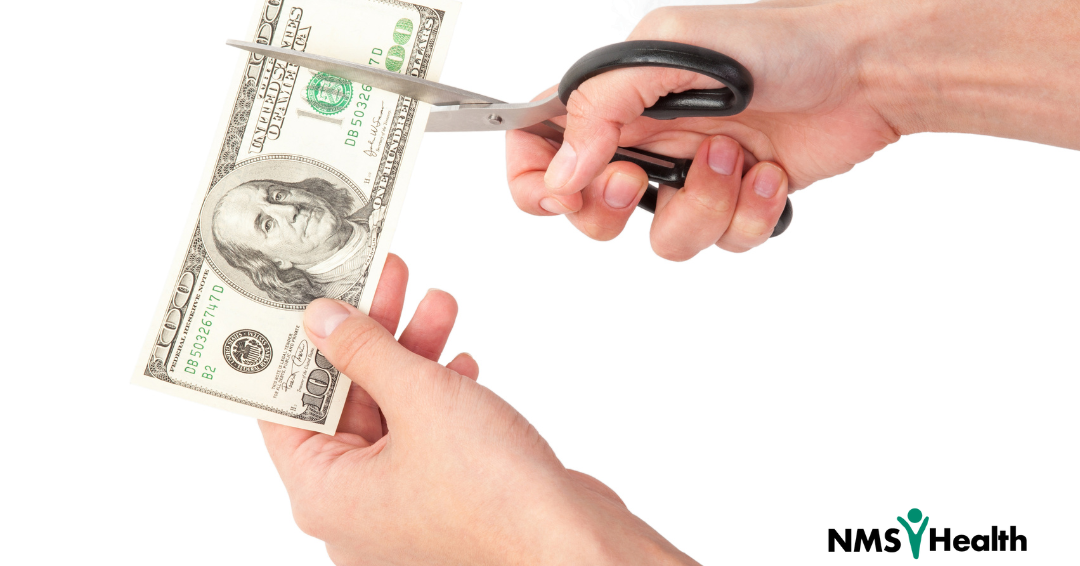Ever wondered about the true value American workers place on workplace safety? Well, a recent survey conducted by Duraplas shows that American workers would trade their paycheck for robust safety culture. The survey, which polled 1,000 U.S. workers aged 18 and above, aimed to understand if workers were willing to accept a lower salary to work for an employer with a better safety culture. Additionally, the survey inquired whether workers had ever turned down a job due to workplace safety concerns.
What is a Safety Culture?
A safety culture is a comprehensive framework comprising core values, protocols, and policies aimed at prioritizing employee safety. A strong safety culture effectively communicates company values, demonstrates leadership in operations and communication, and sets clear expectations for employees.
Furthermore, a safety culture encourages employee involvement in the safety management process, heightens risk awareness, and provides education on safety systems. Employees are empowered to implement safety protocols when they are armed with this type of knowledge and support.
Employee Attitudes Towards Safety
The survey revealed that almost half of American workers surveyed would consider accepting a lower salary to work for an employer known for its robust safety culture. The finding was true for both blue-collar and white-collar workers. This underscores a growing concern among workers regarding safety considerations in their professional lives.
Gone are the days when job satisfaction was solely measured by salary figures. According to the survey, over 82% of respondents said that a strong safety culture contributed to their overall job satisfaction. Respondents also indicated that a safe work environment makes them feel more productive.
Moreover, the survey found that safety culture is a critical factor in a worker’s decision to accept a new position. Roughly 80% said they were likely to ask about safety in a job interview. However, many respondents reported inadequate communication of safety practices by employers during the hiring process. Only about half rated their interviewers as communicating safety practices “well” or “very well”, underscoring the need for clearer dialogue on safety initiatives. Interestingly, just 39% of those same respondents who said safety was a factor in accepting a new position have actually turned down a job over safety concerns.
The Cost of Poor Safety Cultures
Neglecting safety protocols can entail dire consequences for businesses. Poor safety cultures can impact employee well-being, productivity, and overall reputation.
- Increased Injury and Death: Prioritizing safety saves lives. Shockingly, in 2022, a worker died every 96 minutes due to work-related injuries. The Bureau of Labor Statistics reports that fatal work injuries increased by 5.7% from 2021 to 2022, with 5,486 recorded fatalities, highlighting the urgent need for improved safety measures.
- Decrease in Productivity: While some companies may believe that ignoring safety protocols increases productivity by avoiding interruptions, the opposite is often true. A healthy and happy employee is more likely to be productive and invested in their job and their company’s customers.
- Damaged Products: Low safety standards, coupled with low employee morale, can lead to subpar product quality. When companies neglect safety cultures, they incur significant costs repairing damage caused by flawed or recalled products, ranging from thousands to millions of dollars.
- A Negative Reputation: A negative reputation stemming from poor working conditions and culture can have lasting financial implications. Many businesses fail to recover from reputational damage caused by unsafe workplaces, underscoring the importance of prioritizing safety initiatives.
Fostering a Healthy Safety Culture
“Culture is something communicated through actions as much as it is through words,” said Paul Phillips, President at Duraplas. “So if you’re an organization that has a true culture of safety, it’s going to come through in more than posters hung in a breakroom or a days-safe countdown whiteboard on a production floor. It’s going to be communicated through the training you offer and the maintenance you do and the equipment you provide your workers. With this survey, we learned that employees are paying attention to these things, asking about them in the job-hunting process, and they are willing to sacrifice pay for a place that puts a priority on their safety.”
The Duraplas survey underscores the critical importance of prioritizing safety cultures in the workplace. The willingness of survey respondents to trade lower salaries for safer workplaces highlights the profound value placed on workplace safety initiatives. As organizations, fostering robust safety cultures is not just a moral imperative but a strategic necessity. By prioritizing safety initiatives, companies can create environments where employees feel valued, protected, and empowered to thrive.
Ready to elevate your workforce’s health? Partner with NMS Health for your occupational health screenings. With NMS Health you are not just identifying, intervening, and preventing future illness, you’re investing in a safer, healthier future for your team. Get started today!


